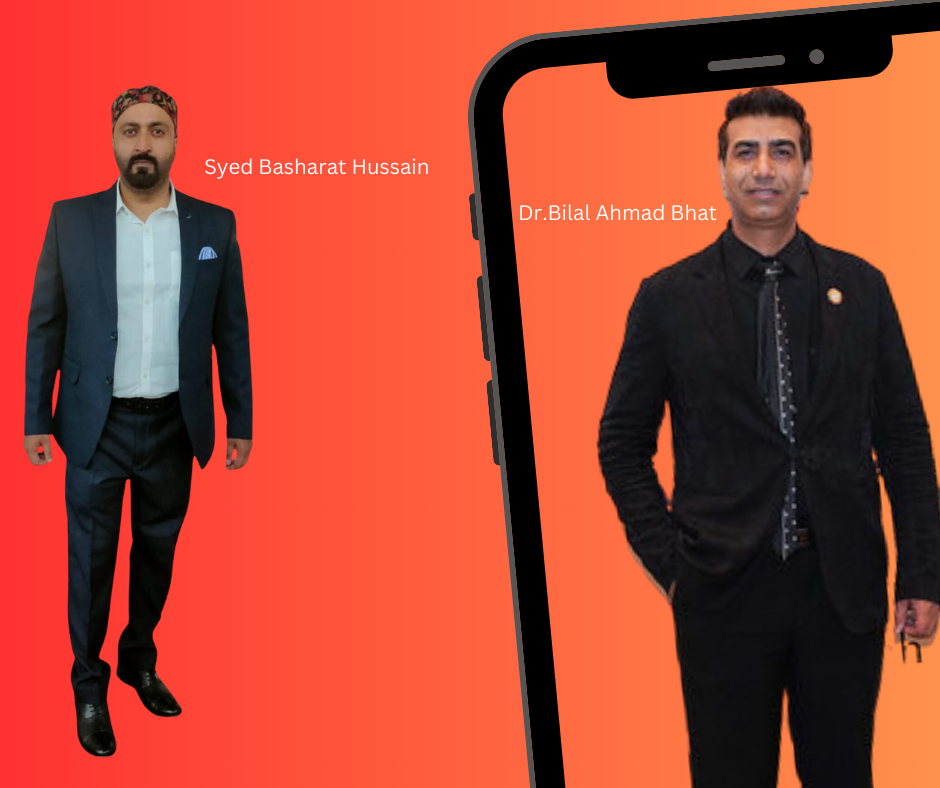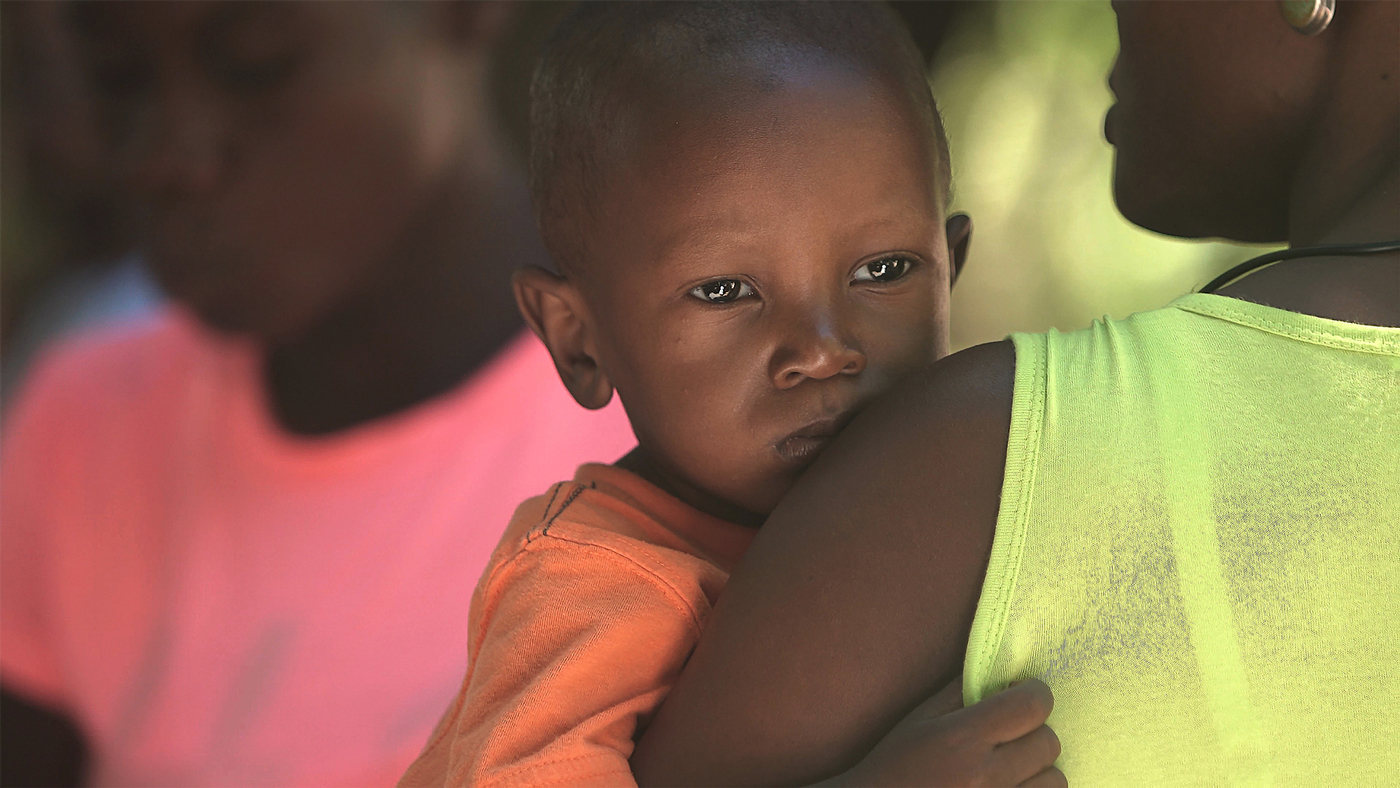Empowerment is not a luxury; it’s a necessity. It’s the key to unlocking the full potential of individuals, communities, and nations. When women are empowered, everyone benefits. At Go Daughters, we believe that empowering women is the most effective way to create lasting, positive change. Women are the backbone of our societies, and when they thrive, everyone around them thrives as well. But too often, women are held back by societal norms, economic barriers, and discrimination. The time for change is now. We must take bold, decisive action to empower women in every aspect of their lives. This means investing in education, providing economic opportunities, and ensuring that women have a voice in the decisions that affect their lives. Empowerment is not just about giving women the tools they need to succeed; it’s about changing the systems and structures that have kept them down for so long. It’s about creating a world where women are free to pursue their dreams without fear of violence, discrimination, or oppression. The urgency of this moment cannot be overstated. Every day that we delay is another day that women are denied their full potential. But together, we can change that. By empowering women, we empower the world. Let’s take action today. Let’s create a world where every woman is free to be powerful, strong, and equal. The future depends on it.
The Ripple Effect: How Empowered Women Transform Communities By Irtaza Bilal
When a woman is empowered, the effects ripple far beyond her own life. An empowered woman is not just a force in her home; she becomes a catalyst for change in her community and beyond. The power of women to transform the world lies in their unique ability to nurture, inspire, and lead with empathy. At Go Daughters, we believe in the power of women to change the world. Our mission is to provide women with the resources, support, and opportunities they need to become the leaders they were always meant to be. This is not just about individual success; it’s about community upliftment, economic development, and social progress. Empowerment is about more than just giving women a voice; it’s about ensuring that their voices are heard and valued. Women bring unique perspectives to the table—perspectives that are crucial for solving the complex problems we face today. From the boardroom to the classroom, empowered women are making a difference, and their impact is felt in every corner of society. The urgency of this moment cannot be ignored. The challenges we face as a global community—from climate change to economic inequality—require the full participation of women. We cannot afford to leave half of our population behind. By empowering women, we empower humanity. It’s time to take action. We must invest in programs that support women’s leadership, advocate for policies that protect women’s rights, and create spaces where women can thrive. The future is female, and it’s a future we must all work to build together. Let’s not wait for change to happen—let’s make it happen. Empower a woman today, and watch as she empowers the world tomorrow.
Empower the Voice: “Voice of Widows – Turning Sorrows Into Strength”
The “Voice of Widows – Turning Sorrows Into Strength” initiative, launched by BAB Group of Companies and spread through the 28COE Ecosystem, is a transformative program aimed at empowering widows, particularly those in Jammu & Kashmir. This initiative emerged from discussions between Dr. Bilal Ahmad Bhat, Founder of 28 Credentials of Entrepreneur, and Syed Basharat Hussain, social & political activist. They highlighted the severe challenges faced by widows in the region, including tremendous isolation, lack of moral support, and societal stigmatization. The Plight of Widows in Jammu & Kashmir Widows in Jammu & Kashmir often experience profound loneliness and marginalization. The societal view of widows is often negative, seeing them through a lens of immorality and pity rather than as individuals deserving respect and support. This stigmatization exacerbates their struggles, making it difficult for them to integrate into society, access opportunities, and rebuild their lives. Raising Awareness and Empowerment “Voice of Widows” aims to address these issues head-on by raising awareness about the challenges widows face and advocating for their rights and dignity. The initiative brings to light many heartbreaking stories, showing the real, human impact of widowhood in a region marred by conflict and socio-economic challenges. Creating Opportunities through Startups To offer tangible support, the initiative focuses on creating various startups tailored to the needs of widows. By doing so, it provides them with opportunities for economic independence and self-reliance. These startups are designed to harness the skills and potentials of widows, helping them to turn their sorrows into strength. This approach not only offers financial support but also aims to restore their dignity and place in society. Call for Support and Suggestions The success of “Voice of Widows” relies heavily on community support and innovative ideas. The initiative invites contributions, suggestions, and active involvement from individuals and organizations who share the vision of empowering widows. By collaborating, the initiative seeks to expand its reach and effectiveness, ensuring that more widows can benefit from its programs. The Bottom Line “Voice of Widows – Turning Sorrows Into Strength” is a bold and necessary initiative that seeks to transform the lives of widows in Jammu & Kashmir. By addressing the deep-seated issues of isolation and stigmatization, and by providing concrete economic opportunities through startups, this initiative offers a path to dignity, independence, and strength for widows. The support and active participation of the broader community are crucial in realizing this vision and making a lasting impact on the lives of widows.
Empowering Widows Worldwide: The Sisterhood of Widows and VOW’s Journey of Support and Empowerment
Grief is a deeply personal journey that often feels isolating, especially for widows who are navigating life after the loss of a spouse. The Sisterhood of Widows, along with its partner program We Voice Of Widows (VOW), seeks to provide a supportive and empowering platform for widows, orphans, and divorced individuals. At the heart of this initiative is the belief that no one should have to face grief alone, and that there is strength in unity and community support. Founded by Dr. Bilal Ahmad Bhat, a renowned entrepreneur and advocate for widows’ rights, the Sisterhood of Widows and VOM aim to create a safe space where individuals can find resources, guidance, and solidarity. Dr. Bhat’s vision stems from his own personal experiences and the recognition of the challenges widows often face, from financial struggles to emotional wellbeing. Central to the Sisterhood of Widows is the 28 Credentials of Entrepreneurship (28COE), a comprehensive program designed to empower widows with the skills, knowledge, and resources needed to rebuild their lives. This program encompasses various areas such as financial literacy, personal development, and career guidance. By equipping widows with entrepreneurial skills, the 28COE aims to foster independence, resilience, and self-sufficiency. One of the key aspects of the Sisterhood of Widows and VOM is the global network of partners and supporters. Through collaborations with organizations, businesses, and individuals around the world, the initiative expands its reach and impact, providing widows with access to diverse resources and opportunities. These partnerships also facilitate advocacy efforts, raising awareness about the challenges widows face and advocating for their rights and support systems. The Sisterhood of Widows and VOW offer a range of resources and services, including online support groups, counseling services, financial planning workshops, educational programs, and community events. These initiatives are tailored to meet the unique needs of widows, ensuring they have the tools and support to navigate their grief journey and rebuild their lives with resilience and hope. Through empowerment, education, and community-building, the Sisterhood of Widows and VOW strive to create a brighter future for widows and their families. By fostering a sense of belonging, empowerment, and solidarity, this initiative aims to transform grief into a journey of growth, strength, and renewed purpose for widows around the world.
The Widowed Resilience Scale: Navigating Loss with Strength and Grace
Losing a spouse is one of life’s most profound and challenging experiences. It can leave individuals feeling lost, overwhelmed, and unsure of how to move forward. However, amidst the pain and sorrow, many widows and widowers demonstrate incredible resilience, finding ways to cope, adapt, and thrive despite their loss. In this blog, we delve into the concept of resilience among the widowed population and introduce the Widowed Resilience Scale—a tool designed to measure and understand the various aspects of resilience in this demographic. Understanding Resilience in Widowhood: Resilience can be defined as the ability to bounce back from adversity, navigate challenges, and maintain a sense of well-being despite difficult circumstances. In the context of widowhood, resilience takes on a unique dimension. It encompasses emotional, social, and psychological factors that influence how individuals cope with grief, rebuild their lives, and find new sources of meaning and purpose. The Widowed Resilience Scale: The Widowed Resilience Scale (WRS) is a comprehensive assessment tool that aims to capture the multifaceted nature of resilience among widows and widowers. Developed by experts in psychology and bereavement, the WRS comprises various domains and sub-scales that explore different aspects of resilience: Emotional Resilience: This dimension assesses how individuals manage and express their emotions related to grief, sadness, anger, and acceptance. Social Resilience: Examining the social support networks, relationships, and interactions that contribute to a widow’s sense of connectedness and belonging. Coping Strategies: Identifying the coping mechanisms and strategies employed by widows to deal with stress, anxiety, and depression post-loss. Self-Efficacy: Measuring the individual’s belief in their ability to navigate challenges, make decisions, and adapt to life changes effectively. Meaning-Making: Exploring the process of finding new meaning, purpose, and direction in life after the loss of a spouse. Using the WRS: The Widowed Resilience Scale is designed for both research and clinical purposes. Researchers can utilize the scale to gather valuable data on resilience factors among widowed individuals, contributing to a better understanding of grief and adaptation processes. Mental health professionals and counselors can integrate the WRS into their practice to assess clients’ resilience levels, tailor interventions, and support them in their journey of healing and growth. Benefits of the Widowed Resilience Scale: Comprehensive Assessment: The WRS offers a comprehensive assessment of resilience, covering multiple dimensions relevant to widowhood. Personalized Support: By understanding an individual’s resilience profile, professionals can tailor support services and interventions to meet their specific needs. Research Insights: Data gathered through the WRS can contribute to research studies, inform best practices, and enhance the field of bereavement care. Empowering Widows and Widowers: Using the WRS empowers individuals by recognizing their strengths, fostering self-awareness, and promoting a sense of agency in their healing journey. Conclusion: The Widowed Resilience Scale represents a significant advancement in understanding and supporting widows and widowers through their grief and recovery process. By acknowledging the complexity of resilience and providing a structured framework for assessment, the WRS encourages a holistic approach to bereavement care. It underscores the resilience, strength, and potential for growth that exist within individuals facing profound loss, offering hope and empowerment in the face of adversity.





